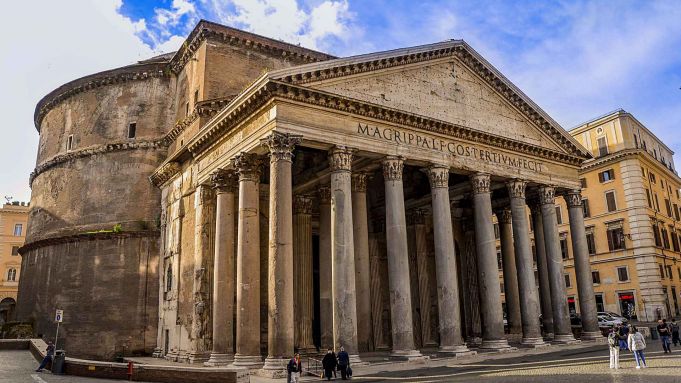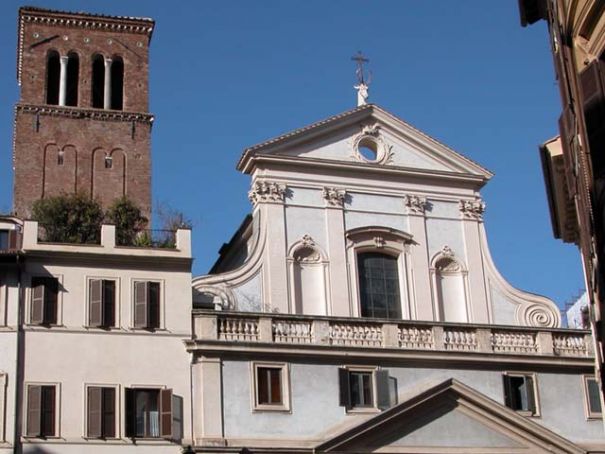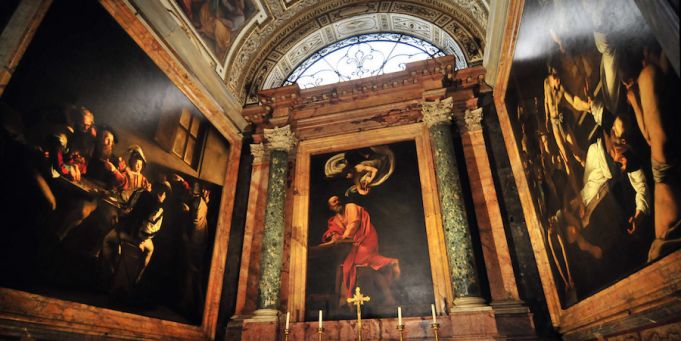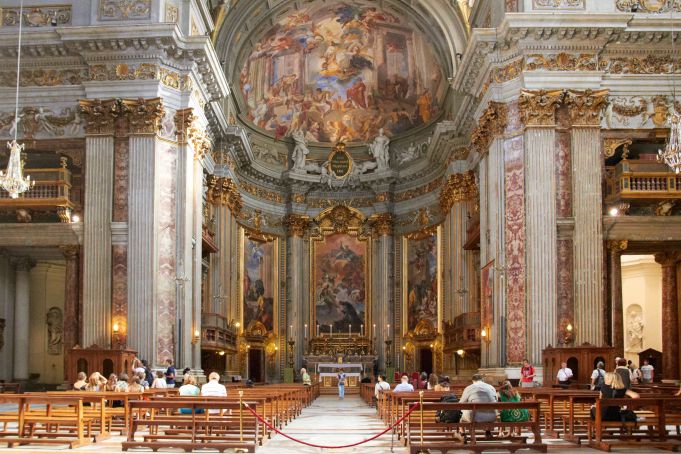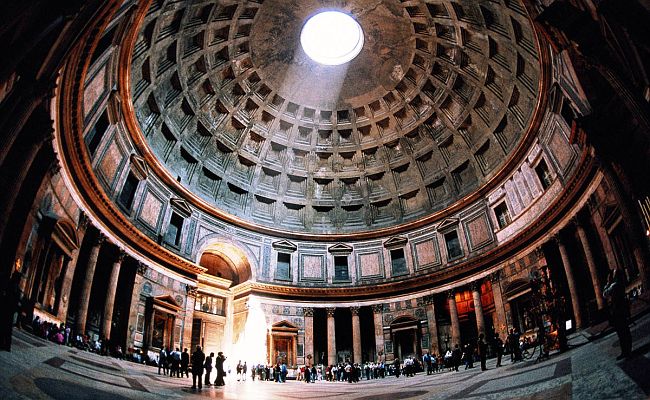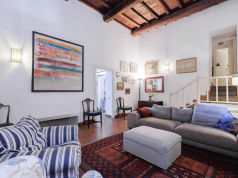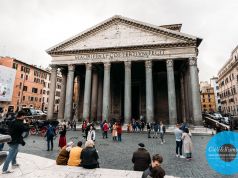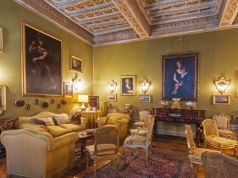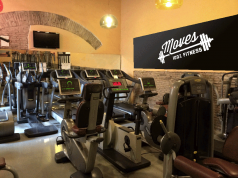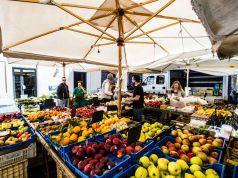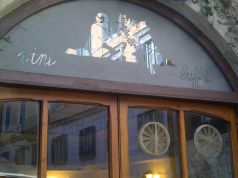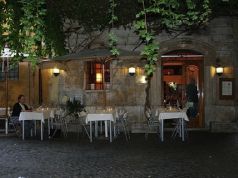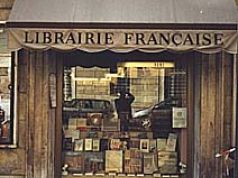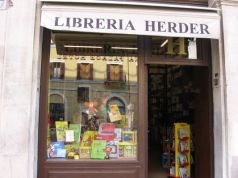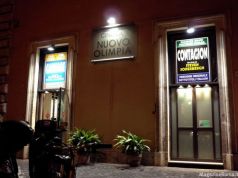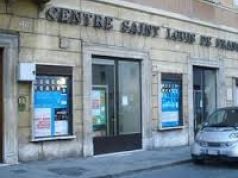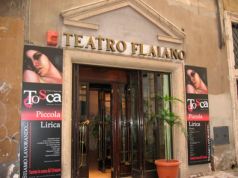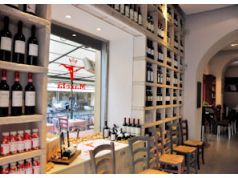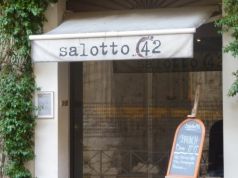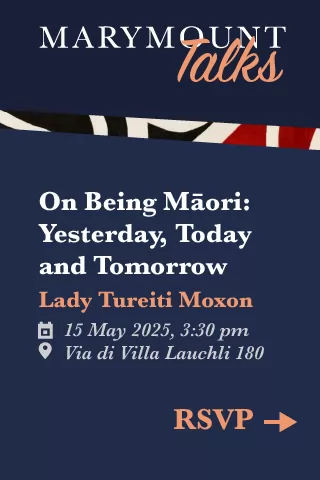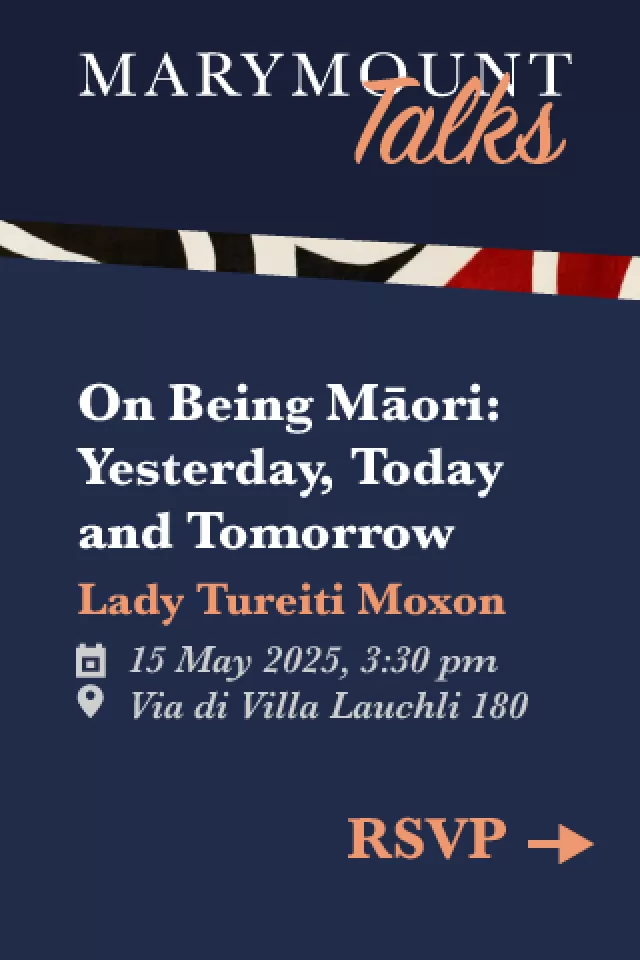Pantheon - Campo Marzio
This is the political centre of the capital. Within a few metres of the massive columns of the Pantheon you can watch most of the country’s politicians go by, to the senate, the chamber of deputies, the government offices or just to the restaurants and bars that crowd the narrow streets. Whereas in other countries the parliament and government buildings shelter behind impenetrable security fencing, in Rome anyone can gaze at them from only a few metres away. Accommodation here is scarce and the family-run shops and street markets have been squeezed out by supermarkets, night-time drinking places, pizzerie and smart restaurants. The most elegant part of the area is around Piazza in Lucina, which is now a pedestrian precinct, just off the busy Via del Corso. There are probably more baroque churches here than in any other city in the world. Most of the area is now a pedestrian precinct, street parking is very limited and there are no garages.
THINGS TO SEE
Basilica Di S. Eustachio
If you look above the Basilica di S. Eustachio you will see the head of a deer, sculpted by Paolo Morelli in reference to the legend of St Eustace, a general under Emperor Trajan. The story goes that while he was hunting stag in Tivoli Eustace had a vision of a crucifix between a stag’s antlers, leading to his conversion to Christianity.
Caravaggio Pintings
The churches of S. Agostino (in Piazza S. Agostino), and S. Luigi dei Francesi (in Piazza di S. Luigi de’ Francesi) hold works by the 17th-century artist Michelangelo Merisi, better known as Caravaggio. The Madonna del Loreto was painted in 1609 and can be viewed in S. Agostino, while the St Matthew’s series of three masterpieces is in S. Luigi dei Francesi.
Chiesa Di S. Ignazio Di Loyola
The church of St Ignatius of Loyola is best known for its trompe-l’œil fresco painted in the dome. Funds for the building ran out before the dome over the altar was completed so the painter Andrea Pozzo created the illusion of a tall, ribbed and coffered dome on the flat ceiling.
Pantheon
The Pantheon was founded in 27 BC by Marcus Agrippa and dedicated to all the gods of ancient Rome but it burnt down in 80 AD. It was then rebuilt by the emperor Hadrian between 120 and 124 AD. The building was converted to a Christian church by Pope Boniface IV in 609 and called the church of St Mary and Martyrs. The Pantheon has the world’s largest non-reinforced concrete dome, whose height from floor to the oculus, and diameter of the interior circle, is 43.3m. The Pantheon is also the burial place of 16th-century artist Raphael and two Italian kings, Vittorio Emanuele II and Umberto I, as well as Umberto’s Queen, Margherita.
General Info
View on Map
Pantheon - Campo Marzio
Pantheon - Campo Marzio, Rome


